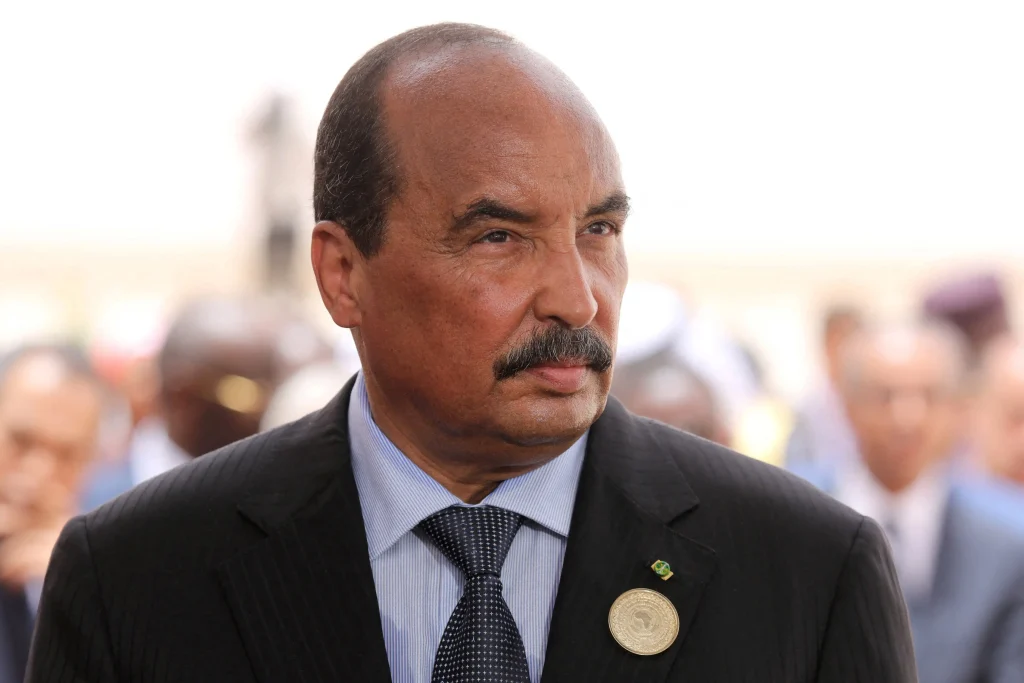Former Mauritanian President Mohamed Ould Abdel Aziz has run out of legal avenues to challenge his major corruption conviction. The former head of state saw his final appeal rejected, upholding a substantial 15-year prison term. This sentence stems directly from financial crimes committed while he held office.
Abdel Aziz was initially convicted in 2023. A court found him responsible for illegally amassing assets valued at approximately $70 million through various illicit activities. His defense team persistently maintained that the entire legal process was politically motivated.
However, an initial appeal against the conviction failed in May 2025. Following that rejection, his prison sentence was subsequently increased by ten years.
From Military Coup to Criminal Conviction
Abdel Aziz’s trajectory in national politics began decisively with a successful military coup in 2008. After seizing control, the populace elected him president twice. He completed his two full terms, serving from 2009 until 2019, when he voluntarily stepped down.
Formal legal proceedings began against him in 2021. He faced numerous charges for severe financial misconduct. These included illicit enrichment, abuse of governmental authority, influence-peddling, and money laundering.
These accusations were not singular; they were brought against him alongside ten other well-known political figures, including two former prime ministers.
Since his conviction was finally upheld, Abdel Aziz has faced harsh civil penalties. The state has seized all his personal assets. Furthermore, he has been officially stripped of every civic right he once possessed.
The Complex Legacy of Instability
The events leading to the former President’s legal downfall are deeply rooted in the nation’s fragile political past. Mauritania has long struggled to maintain consistent governmental stability. His ascent via a coup, followed by his conviction and imprisonment, underscores a persistent cycle of corruption and political upheaval at the highest levels of power.
The successful prosecution of such a senior political figure, despite counter-arguments of political motivation, is considered by some to be a crucial test of the nation’s commitment to the rule of law. This landmark case highlights the critical need for transparent governance and robust anti-corruption measures in Mauritania.
The final sentence sends an unambiguous message regarding accountability for those holding public office. The extensive legal battle, which spanned from his initial charges in 2021 until his final appeal loss, illustrates the prolonged complexity of prosecuting high-profile financial crimes.
The nation now looks forward, seeking lasting political stability and transparent leadership in the wake of this historic verdict.
Your Call to Serve: The Quest to Find Nigeria’s Next Health Heroes






